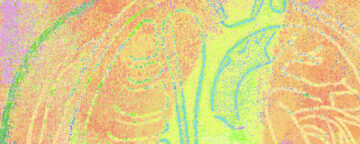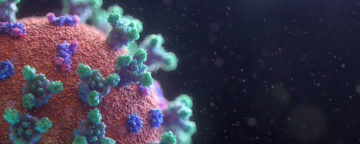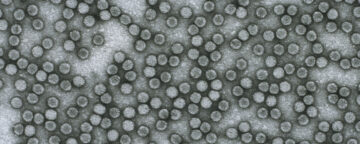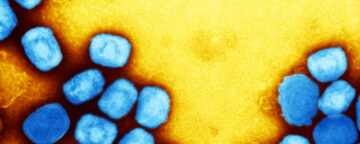The policy center's spring 2023 ASAPH report finds that women of childbearing age are more likely than other adults to doubt the safety of vaccination against Covid-19 and flu during pregnancy.


The policy center's spring 2023 ASAPH report finds that women of childbearing age are more likely than other adults to doubt the safety of vaccination against Covid-19 and flu during pregnancy.

A group of experts including APPC Director Kathleen Hall Jamieson offers a dozen recommendations on how to improve the accuracy and trustworthiness of survey research.

An Annenberg Science Knowledge survey of over 1,600 U.S. adults finds that many have a base of knowledge about the flu, but misinformation about flu, Covid-19, and vaccination persists.

The Annenberg Public Policy Center has received support from the Robert Wood Johnson Foundation to expand a new model for blunting the impact of deceptive claims about health.

The latest Annenberg Science Knowledge (ASK) national panel survey examines public knowledge and beliefs about the poliovirus, the bivalent Covid-19 vaccine booster, monkeypox, and other matters of public health.

A new panel study from APPC researchers shows that people who evinced a conspiracy mentality in 2019, prior to the pandemic, were subsequently more likely to believe Covid-19 conspiracy theories.

APPC is launching a science and health knowledge monitor comprising quarterly survey reports to track national levels of health knowledge and misinformation over time.

A colloquium with climate scientist Michael E. Mann and former Australian P.M. Malcolm Turnbull inaugurated the Penn Center for Science, Sustainability and the Media.

A survey shows public knowledge about monkeypox has increased rapidly in recent weeks, though misconceptions and uncertainty persist.